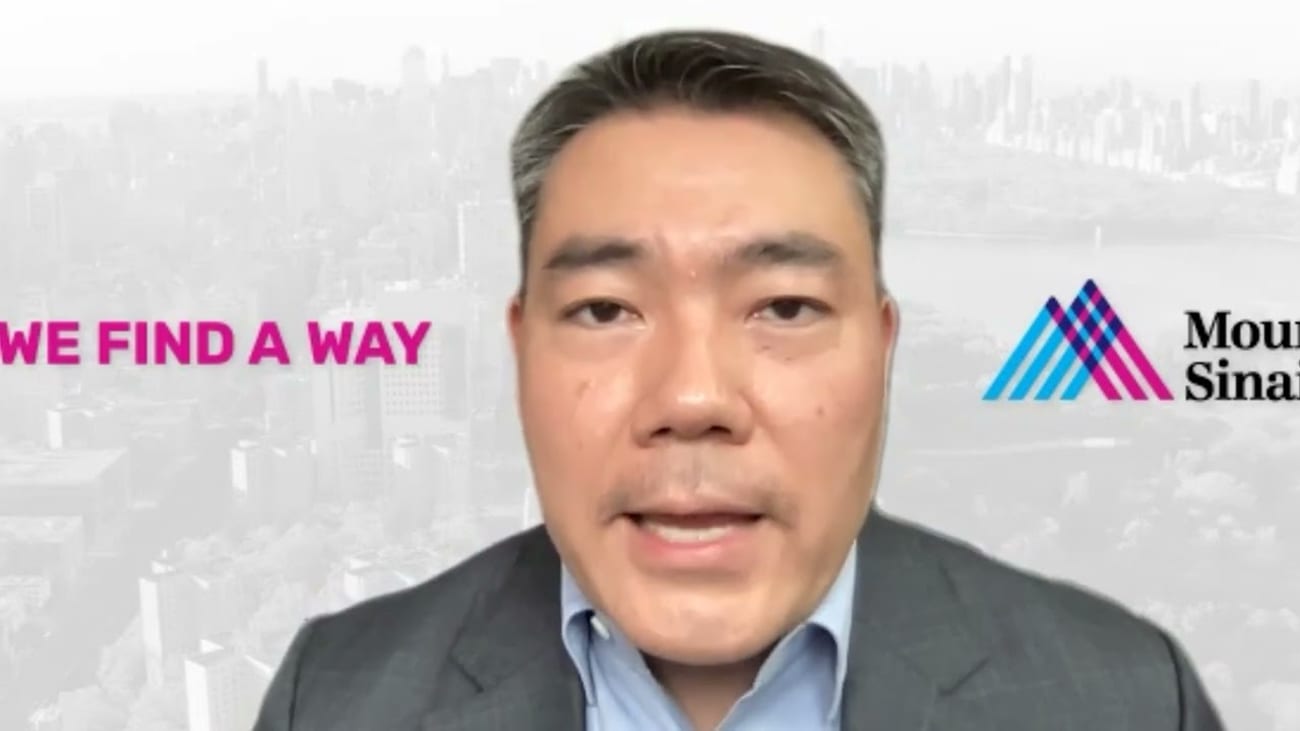An advanced radiotherapy technique called radiation segmentectomy may be effective against very early to early-stage hepatocellular carcinoma (HCC), a type of liver cancer that cannot be treated surgically or thermally.Lancet Gastroenterology and Hepatology
Learn More
My name is Edward Kim and the director of interventional oncology in the division of interventional radiology. So we wanted to do this study because we wanted to generate a prospective data set for a procedure that we've been doing for over a decade. And it really benefits the patients the most because the procedure provides a curative intent procedure as a either as a destination therapy or a bridge to transplant for patients with early Patty cellular carcinoma. Well, our study found that patients who received this technique who had solitary tumors up to three cm in size uh as HCC or patter cellular carcinoma Had 100% objective response, meaning that they responded on radiologic imaging to our therapy 100% of the time, 84% of those patients had a complete response, meaning there was no active tumor on the follow up imaging. And what was actually more important was that of the patients that were transplanted, A 100% of those patients had pathological crisis. So the imaging correlated with what pathologists actually found in their hands after those patients received curative transplantation. Well, as we know the the system of organ allocation with liver transplantation, there just aren't enough livers to go around for patients and with recent changes to the criteria for transplantation, patients with liver cancer have to wait a long time to get that liver transplant in new york state, we look at approximately two years sometimes for patients to get a transplantation. So unfortunately the liver cancer itself won't wait during that time. And so we need therapies that will provide a durable response and bridge those patients to get a curative transplantation. We'd love to then escalate this study and provide even a prospective randomized control study to really look at radiation segment tech. To me, maybe even head to head with ablation or surgical resection and see the long term outcomes for those patients. I think the take home message of this research is that it provides even further hope for our patients with primary liver cancer, something that was a devastating diagnosis in the past, we can provide multiple therapies for those patients, whether it's resection or ablation Or a curative radiation segment Tech. To me that had incredible outcomes with 100% objective response, with very little side effects for these patients. So their quality of life is preserved. And if they want to go and proceed with a liver transplantation, it affords them that time during that long transplant waitlist or if they want to have this as their definitive treatment, it provides hope as a curative intent therapy


